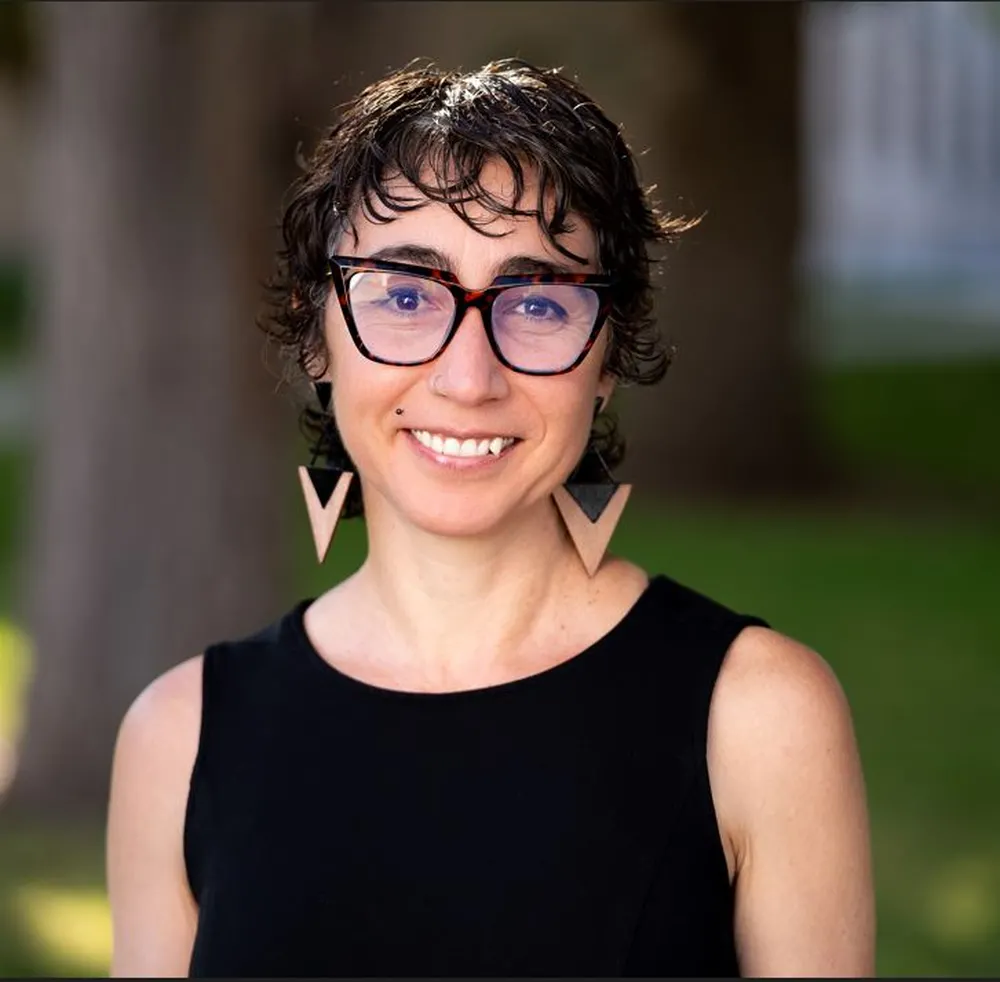
Countless studies have been done on the importance of a quality education—but not everyone has the same access to those key learning spaces.
Pamela Cappas-Toro (PhD, ’13, Spanish) is part of a team that’s trying to change that through the Utah Prison Education Project.
“Education is a human right,” said Cappas-Toro. “Everybody should have access to learning spaces, no matter what.”
That sentiment drives Cappas-Toro’s work as part of the Utah Prison Education Project at the University of Utah. The team works with programs across the country to transform the landscape of prison higher education, advancing educational justice through on-site higher education, research, and advocacy.
Cappas-Toro supports the project in several different capacities: she provides administrative support, works as an internship supervisor for undergraduates working on reentry projects, serves as a faculty advisor for incarcerated students who have been admitted to the Bachelor of University Studies with a concentration in the Humanities, and is supporting the launch of a One-Stop-Shop Center at the prison.
“I advise 15 students, meeting with them one-on-one to help them find their intellectual passions,” said Cappas-Toro. “I go to the prison at least twice a week to facilitate research hours, help students connect with resources, talk through how they’re doing, and just provide support like a faculty advisor on a traditional campus would.”
As important as it is to cultivate these learning spaces, Cappas-Toro also emphasized the importance of ensuring students have access to organizations that provide life-affirming services such as housing and mental health care, both during and after incarceration.
“The undergraduate students I supervise are working on a reentry directory for the state of Utah to make sure incarcerated students have access to those services,” said Cappas-Toro. “They’re also working on a reentry guide, with information like how to get a state ID, how to reconnect with family members, how to find employment, or create a resume, or find housing.”
She said it was her own work as a student at the University of Illinois that pulled her in this direction. She participated in the Education Justice Project at Illinois, a campus-wide initiative administered by the College of Education and led by Rebecca Ginsburg, a professor of education policy and landscape architecture. The program organizes educational program at Danville Correctional Center through the university. Members also produce critical scholarship about prison education, as well as creative works.
“Being a part of a stellar program that teaches students to provide this support in a way that is thoughtful and ethical, that is not exploitative, that is respectful, had a huge impact on me,” said Cappas-Toro. “It also showed me the value of doing this work with others. You cannot do this work alone. It was always about collaboration in every space I occupied at Illinois.”
Since then, Cappas-Toro has worked in higher education across the United States, promoting institutional practices, policies, and programming to best serve incarcerated and first-generation learners. She’s also the co-founder of the Community Education Project, a non-profit committed to offering quality liberal arts education and learning opportunities in Florida prisons.
But there’s always more work to be done.
“I just want to keep working with students inside, making sure it’s in collaboration with them,” she said. “It’s not about what institutions can extract from them as research subjects, but what we can learn together and build with them. If we want to keep developing and growing as a society, we need to think about how we can help as many people as possible have access to these educational experiences.”